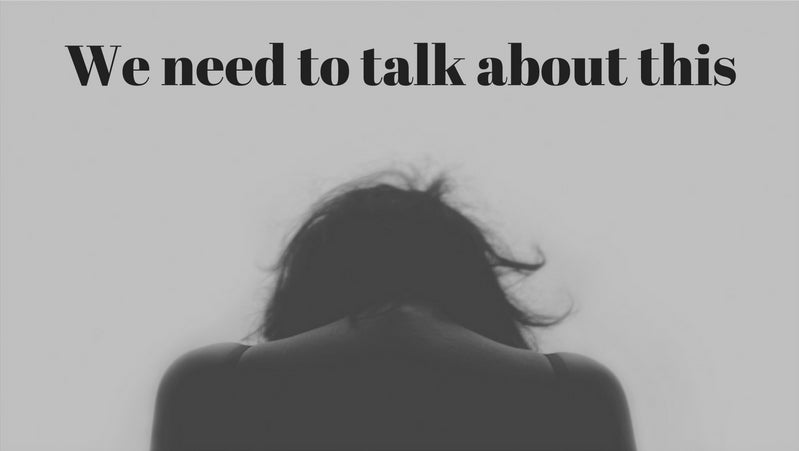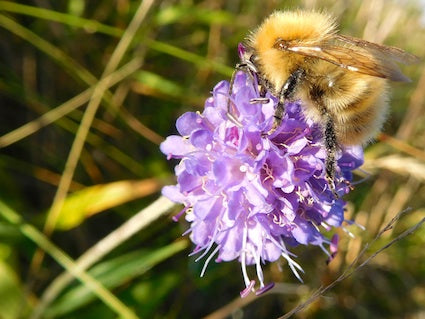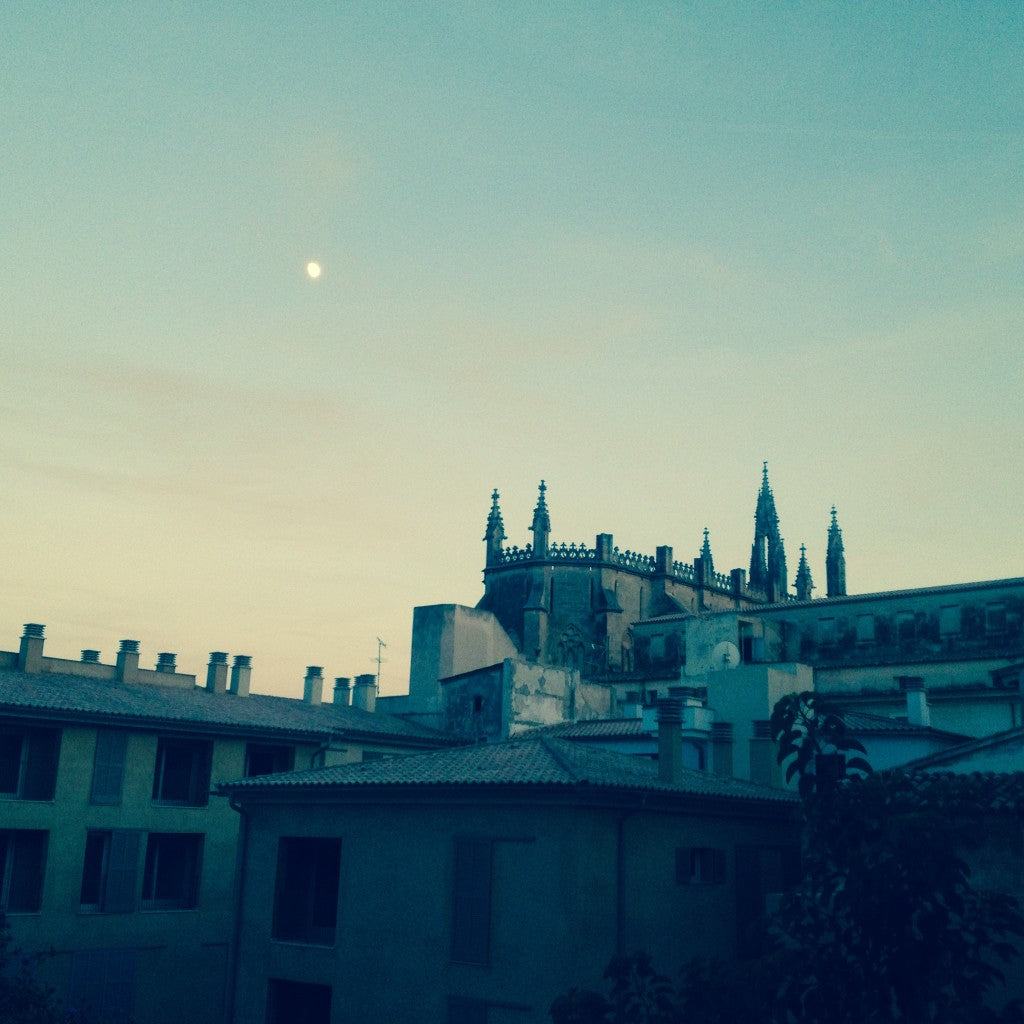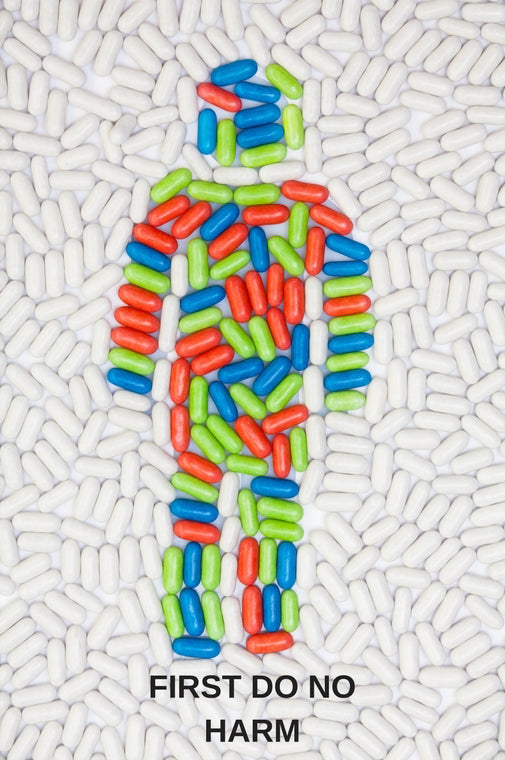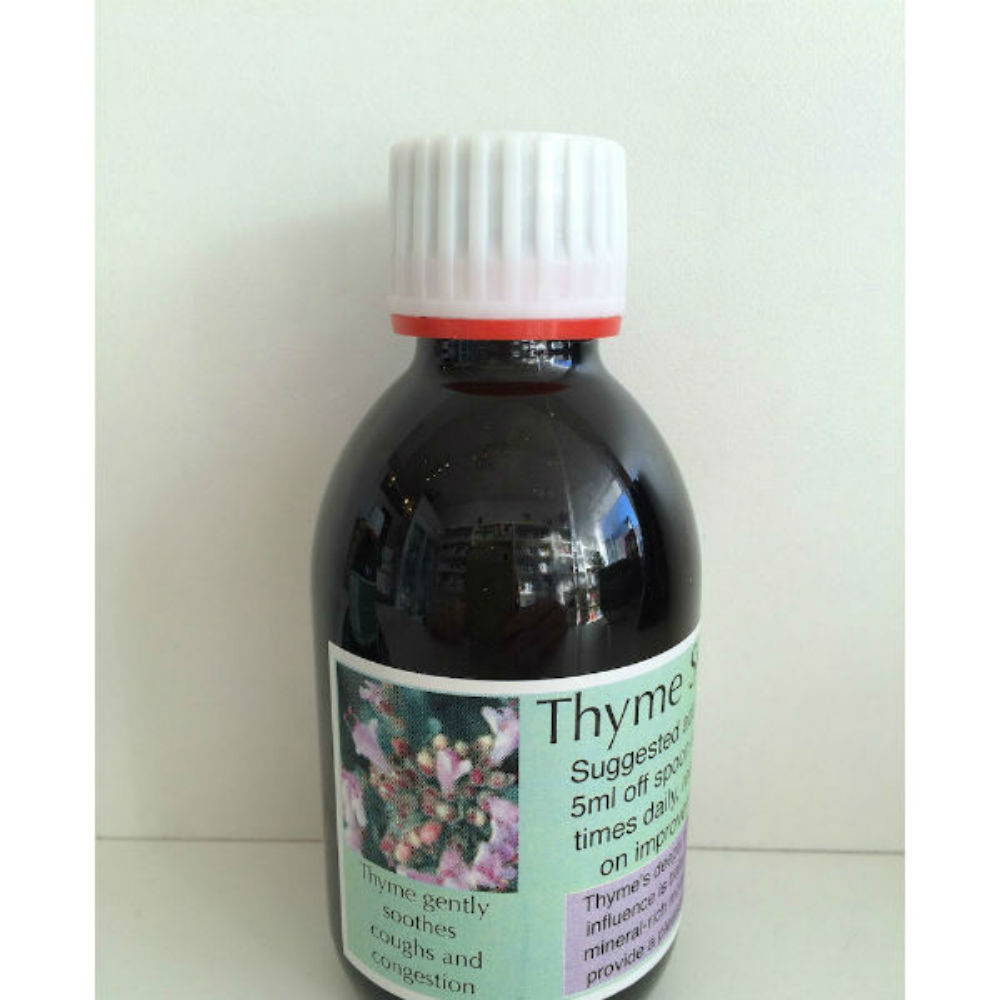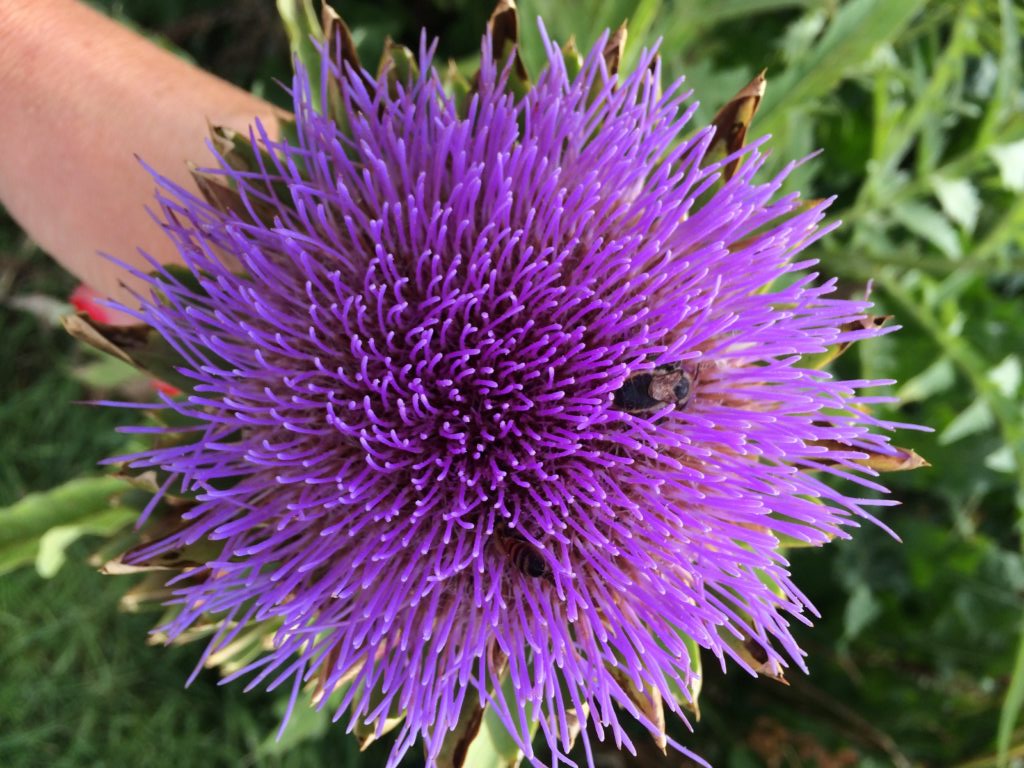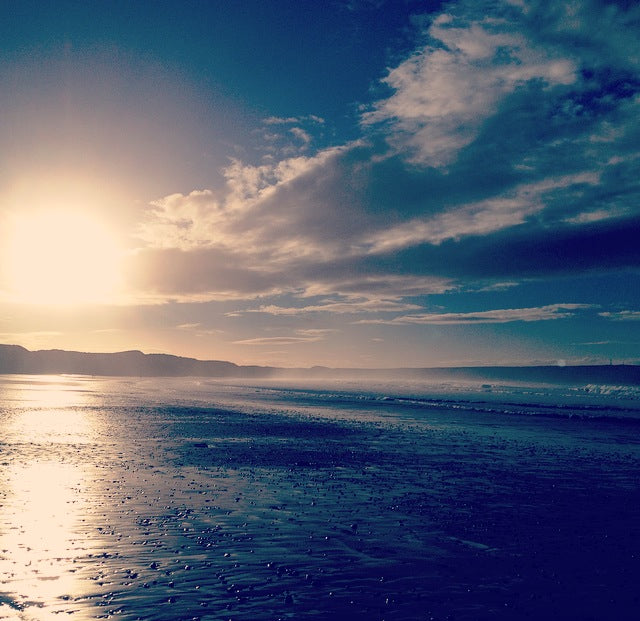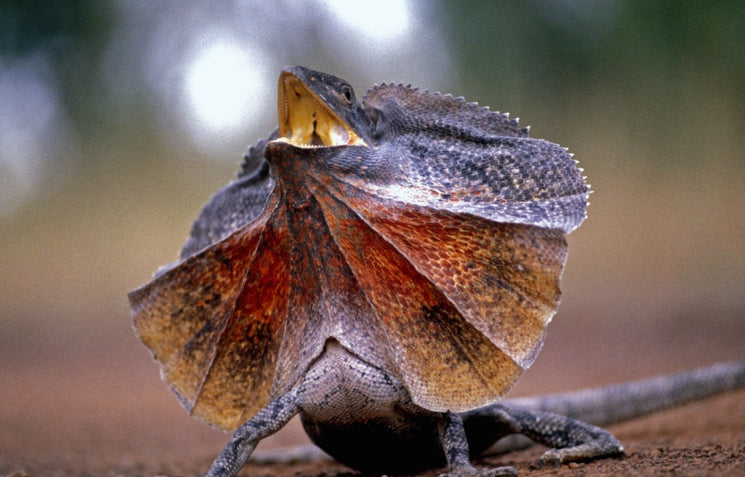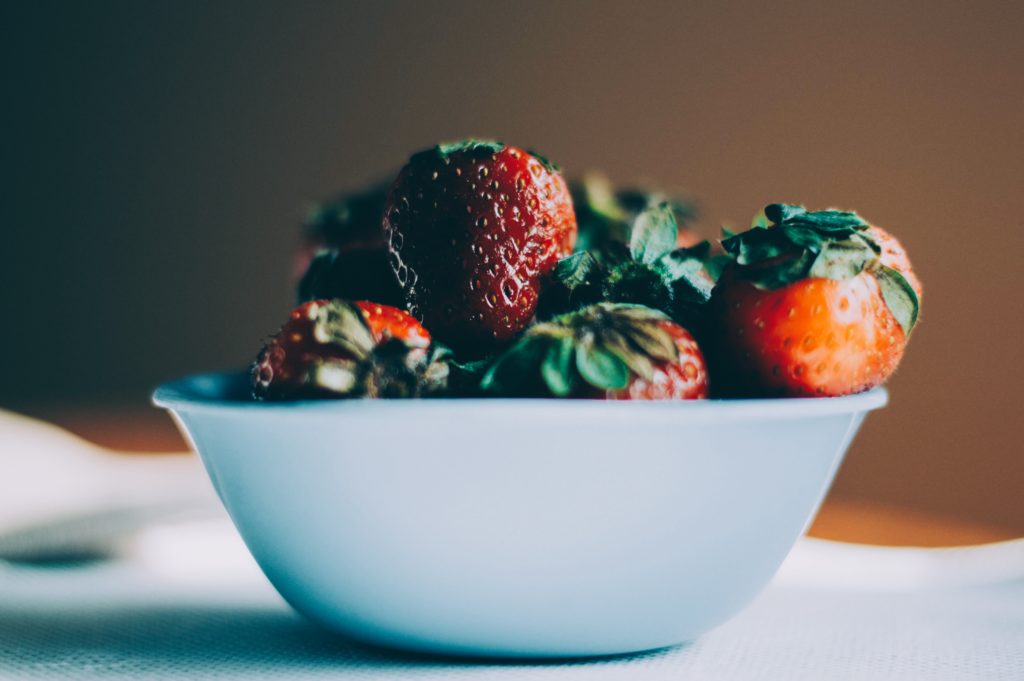Journal
- All
- Antioxidant
- Astragalus
- Blood clots
- Brain fog
- Burnout
- Cervical cancer
- Cholecystectomy
- Cold feet
- Cracked heels
- Echinacea
- Exhaustion
- Fatigue
- Gallbladder
- Headaches
- Health Advice
- Heart health
- Liver
- Low immunity
- Low white blood cells
- Memory
- Menopause
- Migraines
- Nervous system
- Perimenopause
- Recipe
- RnA ReSet
- Strokes
- Sun protection
- Thyroid
I’m not ashamed to say I’ve had anxiety
Last Friday was like any other day at Botanica; the unexpected can happen. We have a gentleman in his 80’s who comes to us on a regular basis to collect a tonic for a chronic lung condition. He also happens...
TB, the Devils Bit Scabious and Immunity
Our picture shows a bee heavy with pollen on the flower of the Devil’s Bit Scabious late on in September. Nicolas Culpepper (1616 – 54) the famed London herbalist and astrologer thought most highly of the medicinal properties of the...
The magnificent Harvest Moon of last Friday hung low in the dark sky and was a reminder of a change in the seasons and the effect of light on our hormones. The following Monday, newspapers reported that men should expose...
The most important aspects of health care in my 20 plus years of working in medicine goes like this – PREVENTION LOVING CARE TREATING A PERSON AS A WHOLE BEING AND NOT JUST A SYMPTOM In all health care professions...
Industrial air pollution causing a toxic brain
Groundbreaking news from the Proceedings of the National Academy of Sciences links toxic pollutants in the air to Alzheimer’s Disease. They report ‘millions of particles of magnetite per gram of brain matter’ and suggest that these toxins enters the body...
Proof that the best things in life really are free
“Purity and simplicity are the two wings with which man soars above the earth and all temporary nature.” —Thomas à Kempis I often, sometimes 3 times a week, visit my local organic farm shop. There I meet people who like...
“Dear old world’, she murmured, ‘you are very lovely, and I am glad to be alive in you.” L.M.Montgomery, Anne of Green Gables Gratitude is a healing, positive emotion. As Charles Dickens said “Reflect upon your present blessings — of...
Taking Omeprazole or other PPI’s? You are at more risk of – Having a heart attack Long term kidney damage (thought to be from magnesium depletion from the drug) B12 depletion Depletion in folate, zinc and Vitamin A C-diff brought on...
Intuitive Eating by Brian Lamb Medical Herbalist
Under ideal circumstances we ought to be able to sense what we need to eat to stay well and feel strong. This sense has almost entirely been crushed by the food industry as it has manipulated taste and desire to...
